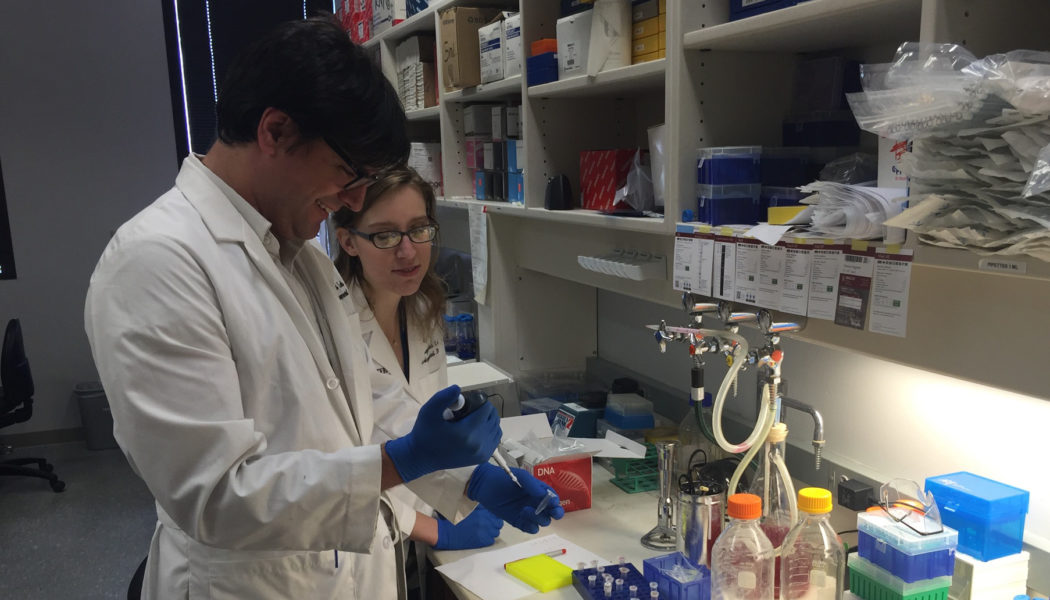Curing and treating kidney cancer is a two-part challenge: raising research funds and attracting specialist researchers to use them.
In medicine, as in all other professions, people go where the money is. A new researcher emerging from academia and residency encounters the need to fund their investigations. Some ailments, such as prostate or breast cancer, receive significant amounts of research funds. What is more, there are organizations devoted to curing a range of cancers that specifically set aside funds for new investigators.
When it comes to kidney cancer, however, funding sources are extremely limited. Of the 782 grants awarded for cancer research in 2016, only nine were made available to kidney cancer, according to the American Cancer Society. If there is little money for kidney cancer research, then researchers will head for and become a specialist in another disease. And this inherently limits the number of physicians specializing in kidney cancer.
As well as researchers, we also need more specialists providing clinical care to kidney cancer patients. While there are thousands of excellent oncologists in the United States, many of them do not regularly encounter cases of kidney cancer. If a community oncologist only sees one or two kidney cancer patients per year, there is less of an incentive to use their valuable, limited time for training in a disease they don’t often treat. Instead, they focus on the more common cancers so they can do the most good for the most people.
What are needed are more doctors specializing in this disease who can absorb the kidney cancer cases as part of their practice and advise other oncologists on how to manage and care for these patients. Even if we did not find any new treatments, enhancing the quality of kidney cancer care would yield a substantial health impact for tens of thousands of people.
The missing piece of the puzzle for growing the community of specialists is dedicated, consistent research funding. Projects in the medical lab and early clinical trials cost hundreds of thousands of dollars each, and developing new treatments requires dozens upon dozens of projects. Every new research project is another step towards a cure, but we cannot know what works until we experiment, measure results and try again. And we cannot go through that process rapidly unless we inspire more physicians to specialize in kidney cancer.
KCCure is dedicated to raising the research funding needed to move the needle on this long-standing challenge. To be sure, this effort will take years, but even small funding now can accelerate our progress. You can help by donating to KCCure. The faster we attract new kidney cancer researchers and clinicians, the faster we can develop new treatments and ultimately find a cure.









